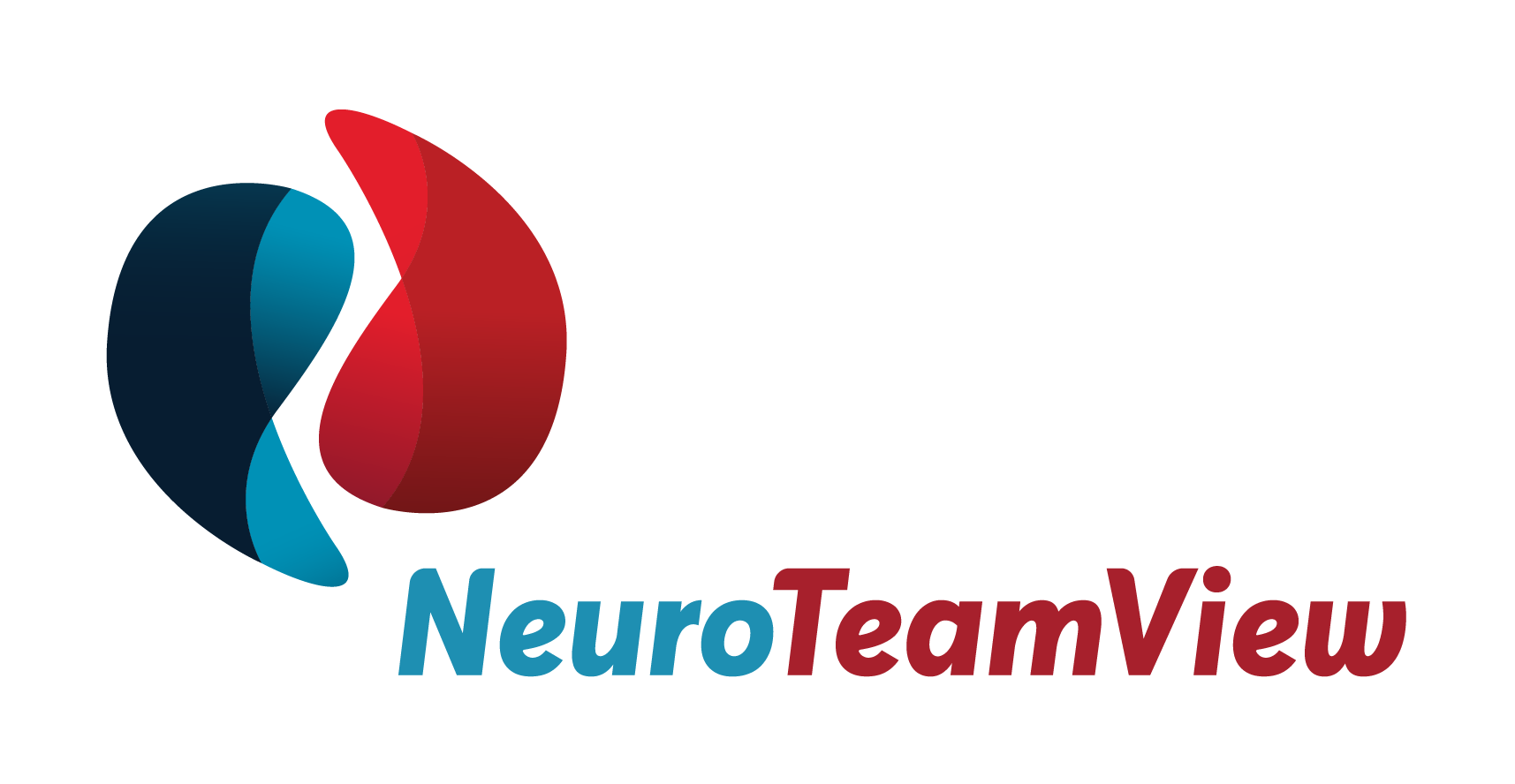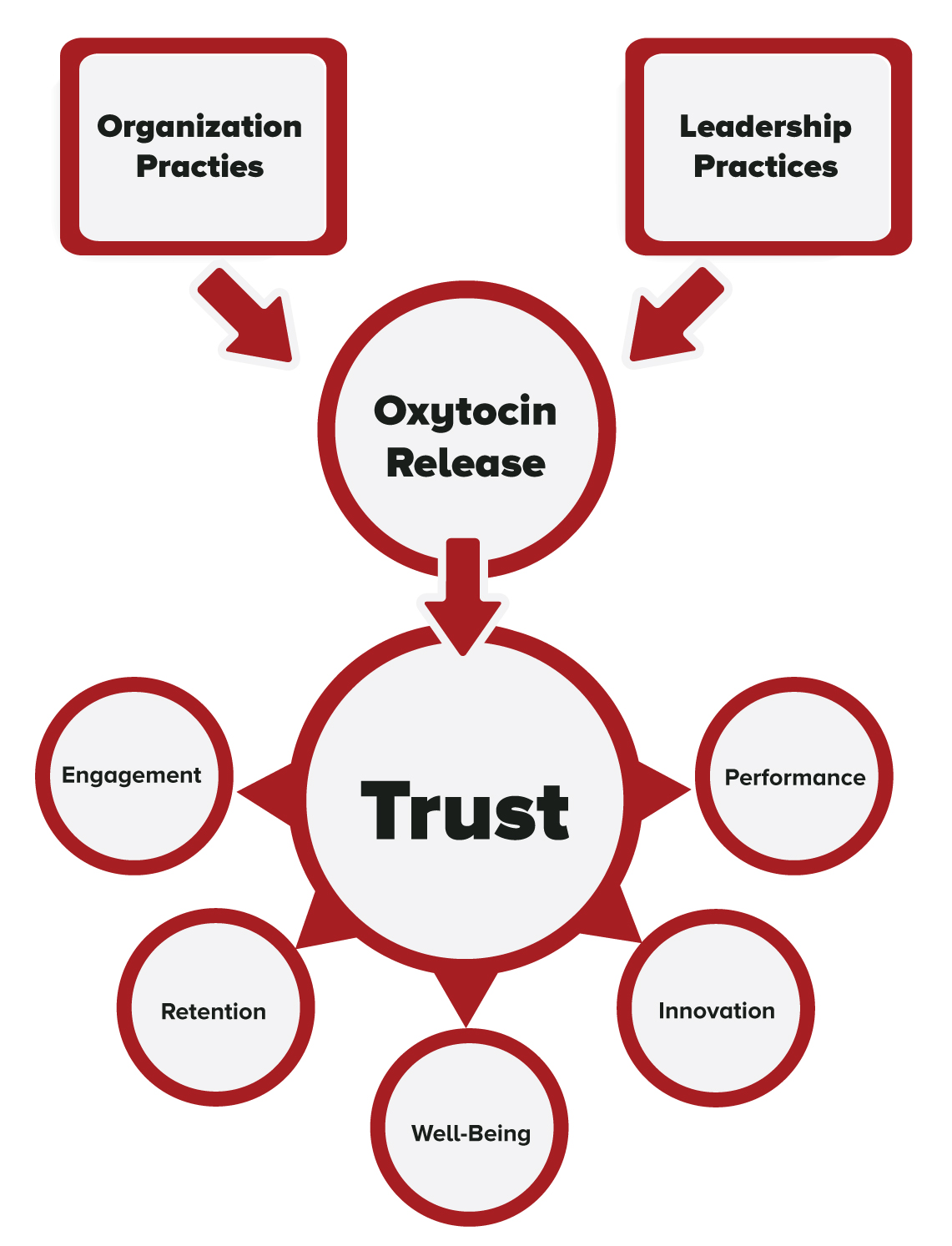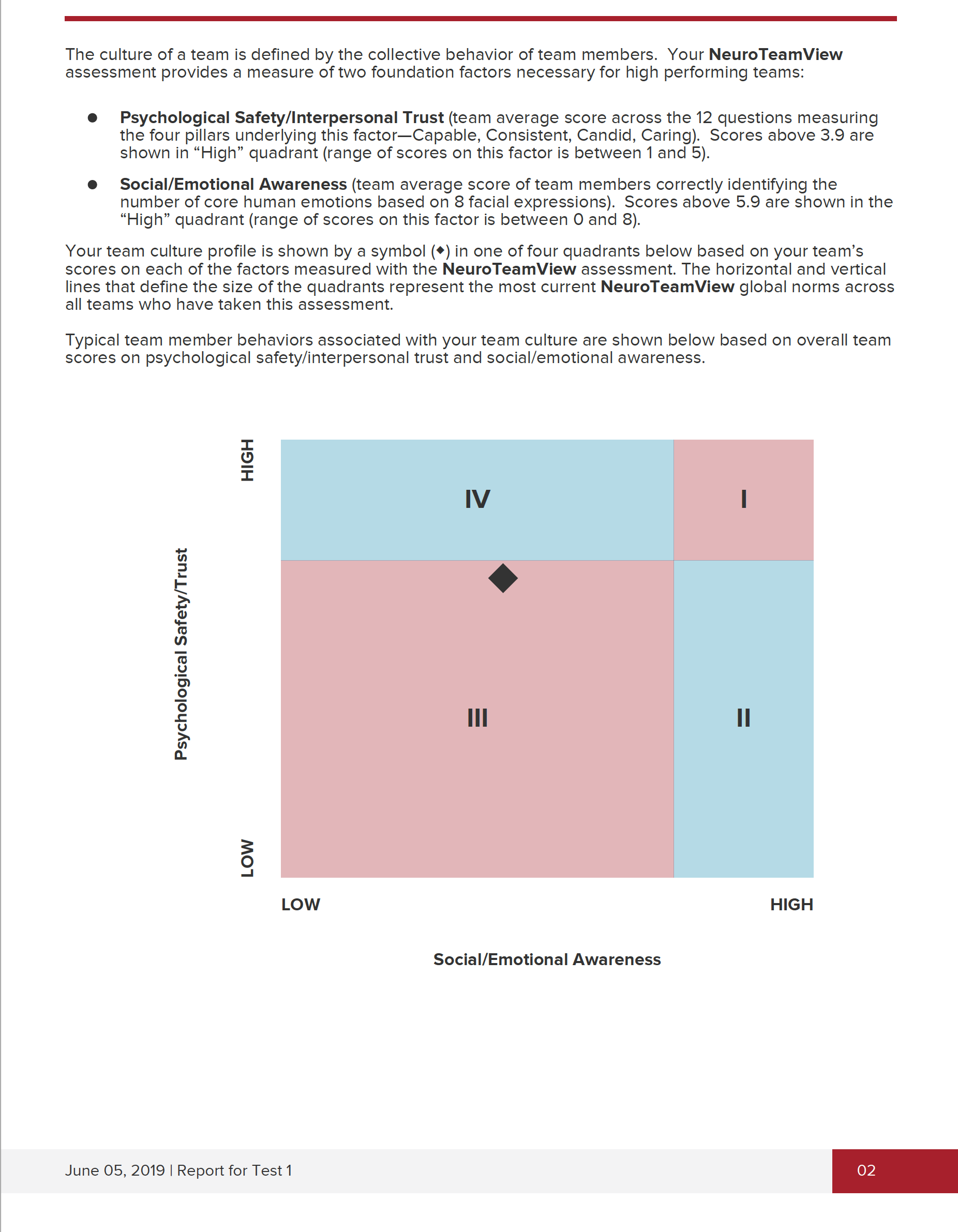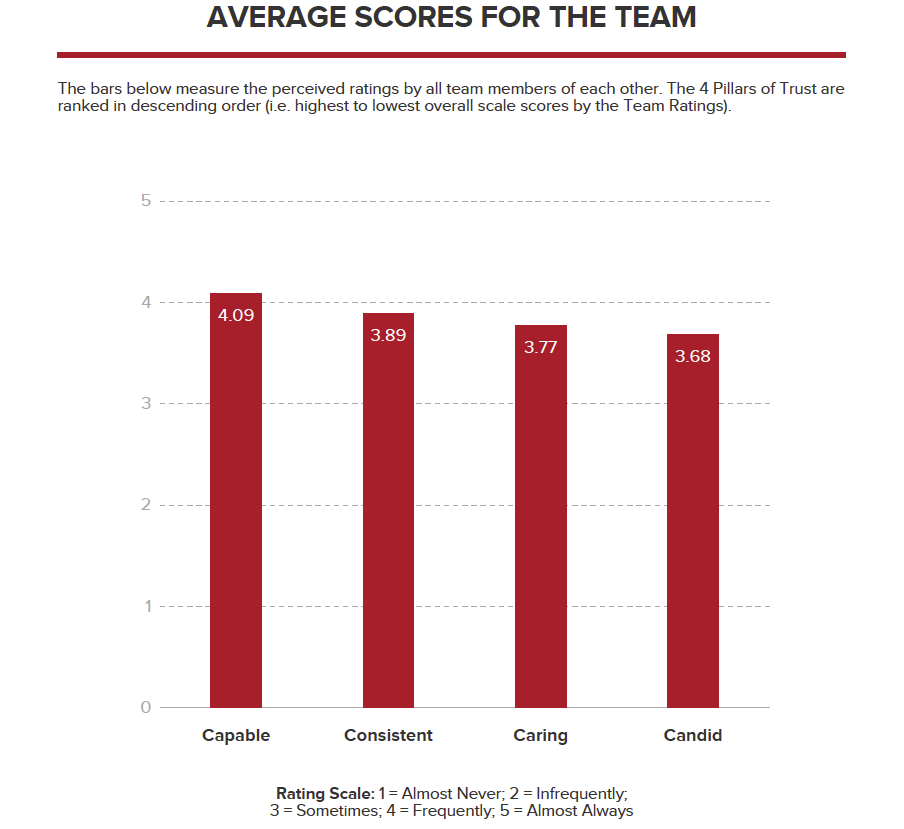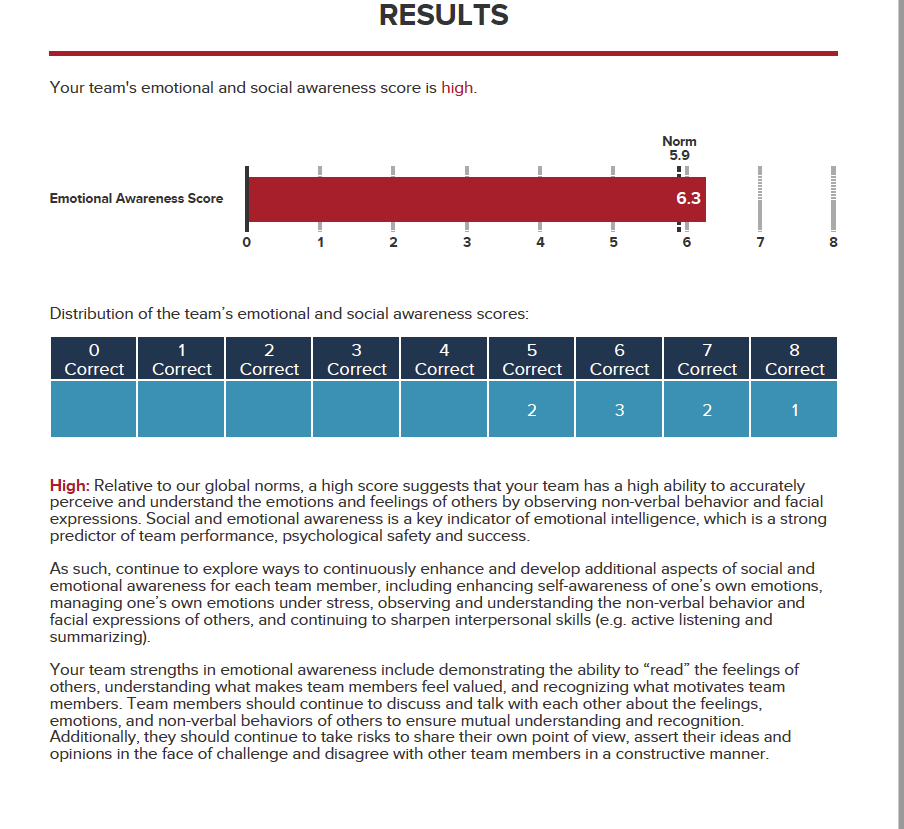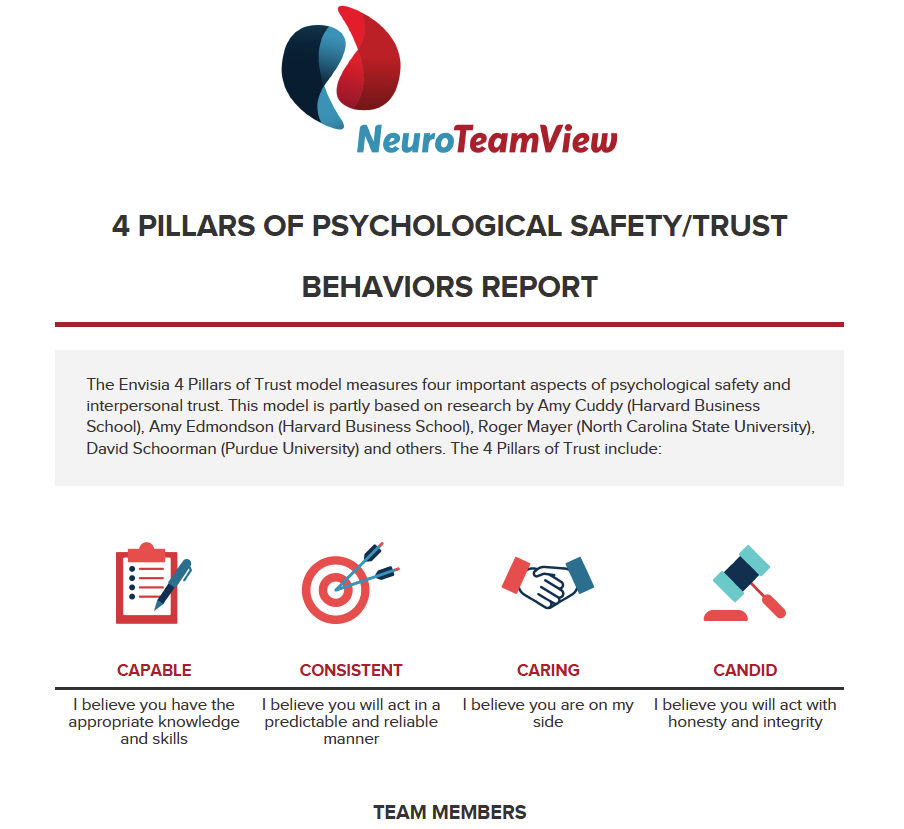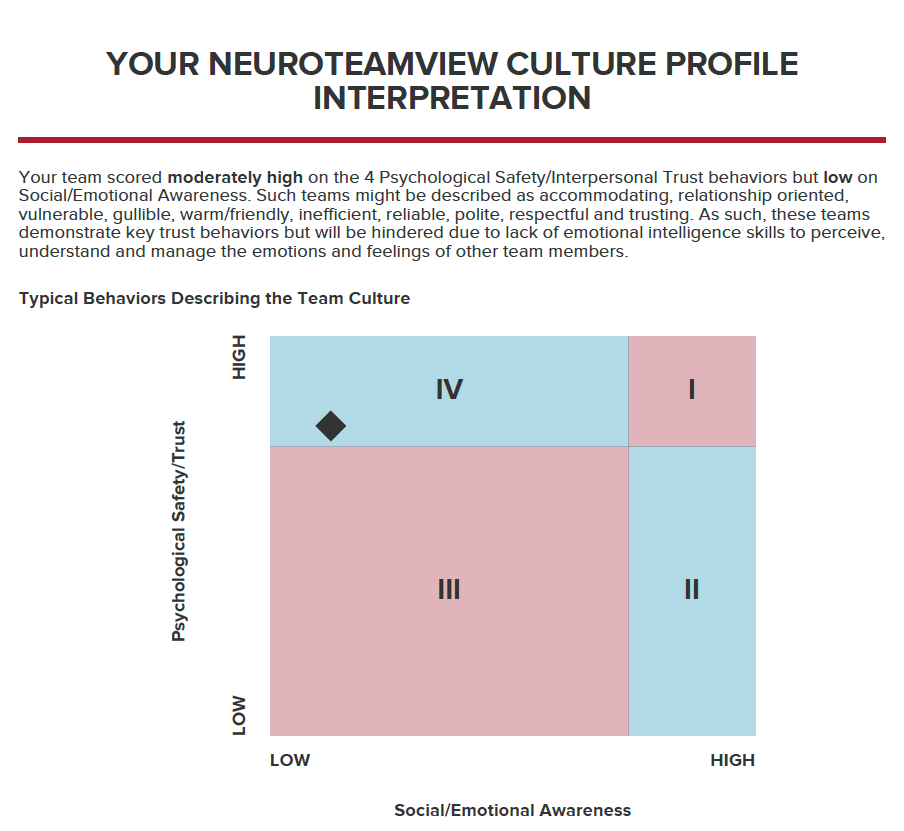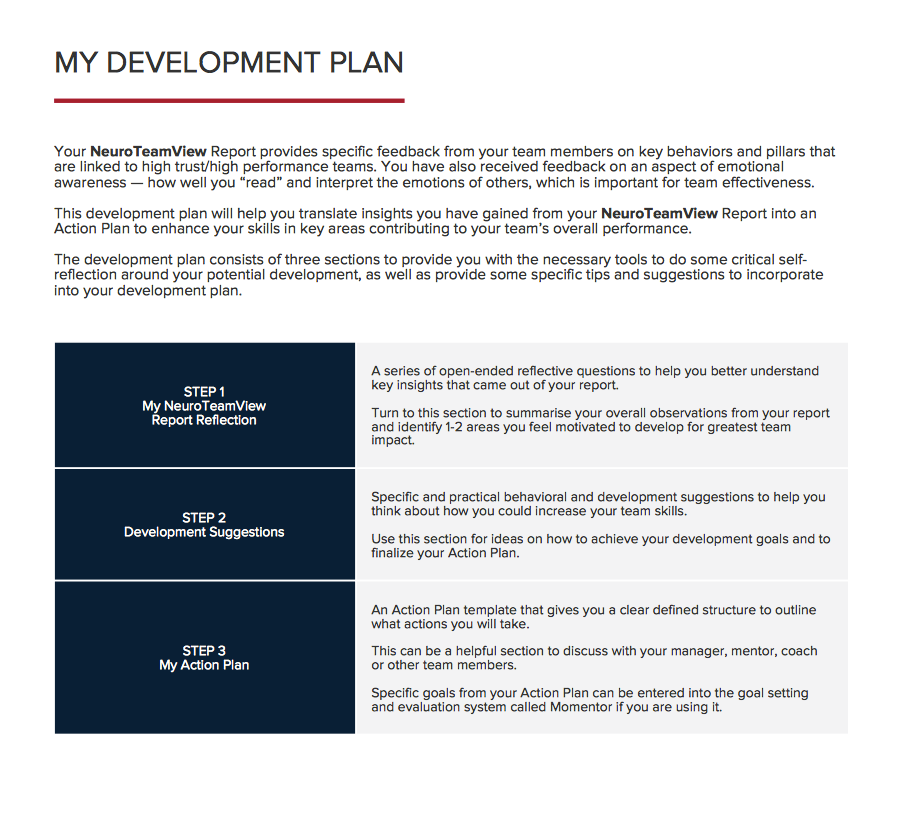Our certification programmes will provide you with the knowledge and skills to design highly effective and engaging team development programmes to meet your clients’ needs using our NeuroTeamView assessment.
For organisations that wish to certify a team of in-house practitioners we offer a one-day in-house certification programme (with some pre-work required ahead of the workshop). In-house programmes are for up to eight people.
We offer two formats for certification, online and face to face.
Online Certification programme: The NeuroView Certification can be delivered online, and provides consultants and HR professionals with the training to use the NeuroView leadership assessment and the NeuroChange platform Momentor in their programs. Our online certification program runs regularly at various times and across different time zones.
Workshop Certification programme: For organisations that wish to certify a team of in-house practitioners we offer an in-house one-day certification programme (with some pre-work required ahead of the workshop). In-house programmes are for up to eight people.
The programme covers:
- Introduction/Ice Breaker Team Exercise
- Introduction to the NeuroTeamView Team Culture Profile
- Using the NeuroTeamView Assessment for Teambuilding Interventions
- Understanding the NeuroTeamView Model
- The Neuroscience of High Trust/High Performing Teams
- Interpreting the Psychological Safety/Interpersonal Trust Pillars Scores
- The Neuroscience of Psychological Safety/Interpersonal Trust
- Interpreting the Social/Emotional Awareness Scores
- Using the NeuroTeamView Reports for your Team Building programme
- Marketing and Using NeuroTeamView Resources/Materials
- Individual Team Member Report
- Technical/Research Manual
- Team Building Exercises Workbook
- Participant Workbook
- Participant PowerPoint Slides
Please contact us for more information on pricing and to book a place.
